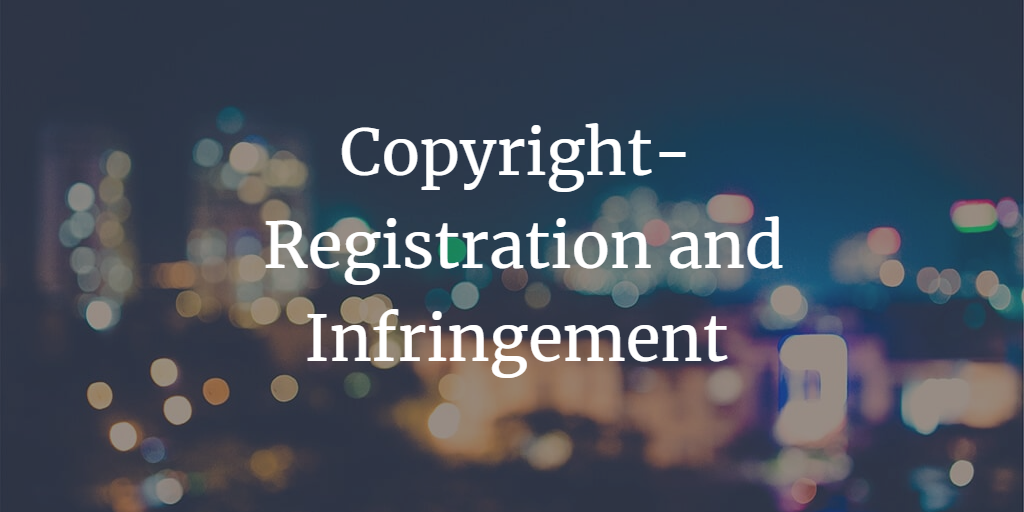Copyright- Registration and Infringement

Table of Contents
Introduction
What is Copyright?
How to Register a Copyright
Copyright Infringement
Potential Consequences of Infringement
Remedies and Protections
Conclusion
1. Introduction
In an increasingly digital world, understanding copyright law is essential for creators and consumers alike. This blog post will delve into copyright registration and infringement, highlighting important aspects of copyright law everyone should know.
2. What is Copyright?
Copyright is a form of intellectual property law that protects original works of authorship. It gives creators exclusive rights over their creations, allowing them to control and profit from their work. This includes rights to reproduce the work, create derivative works, distribute copies, and perform or display the work publicly. While copyright is automatic upon creation, registering a copyright provides additional legal benefits.
3. How to Register a Copyright
Copyright registration, while not necessary to claim copyright, provides legal advantages, including a public record of the copyright claim and eligibility for statutory damages in case of infringement. The process involves the following steps:
Prepare the necessary materials: The work to be copyrighted must be in a tangible form. It could be a book, a piece of music, a film, a painting, or any other form of creative work.
Complete the application: The application can be done online or mailed in. It must include information about the work, the author, and the claimant, along with a non-refundable filing fee.
Submit a copy of the work: Depending on the nature of the work, a copy or copies of the work to be registered must be included with the application.
Wait for processing: Once the application is submitted, it will be reviewed by the Copyright Office. If everything is in order, a certificate of registration will be issued.
4. Copyright Infringement
Copyright infringement occurs when a copyrighted work is reproduced, distributed, performed, publicly displayed, or made into a derivative work without the permission of the copyright owner. This can happen in various ways, including unauthorized copying, digital piracy, and unlicensed public performances.
5. Potential Consequences of Infringement
The consequences of copyright infringement can be severe. They may include:
Statutory Damages: The copyright owner may be entitled to receive a monetary amount set by law, without having to prove actual harm.
Actual Damages and Profits: The copyright owner may be able to recover the actual damages suffered as a result of the infringement, plus any profits made by the infringer from the infringement.
Injunctions: Courts can issue orders to prevent further infringement, such as stopping the sale of infringing copies.
Criminal Penalties: In serious cases, criminal charges can be brought against the infringer, leading to fines and jail time.
6. Remedies and Protections
If copyright infringement occurs, the copyright owner has several remedies and protections available under the law:
Legal Action: The copyright owner can sue the infringer in federal court. If successful, the court can award damages and order the infringer to stop further infringement.
DMCA Takedowns: Under the Digital Millennium Copyright Act, copyright owners can request that online material infringing their copyright be taken down.
Mediation or Settlement: In some cases, the dispute can be resolved outside of court through mediation or a settlement agreement.
7. Conclusion
Understanding copyright—its registration and the implications of infringement—is crucial in today's digital age. While the process might seem complex, it provides a legal framework for protecting and respecting creative works. Always remember to respect others' copyrights and be aware of your rights when creating your original works.


